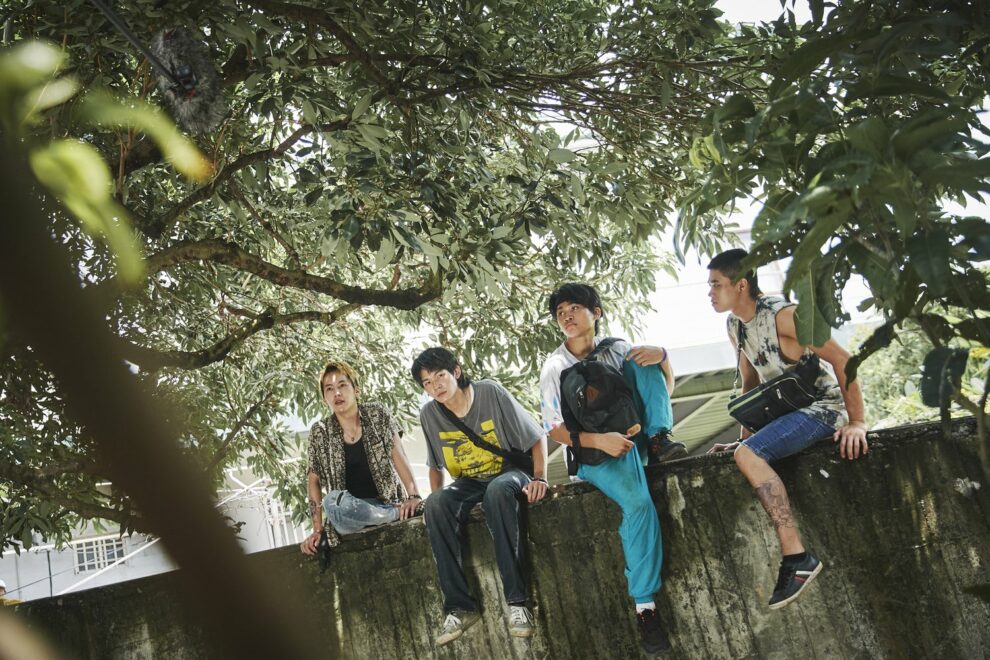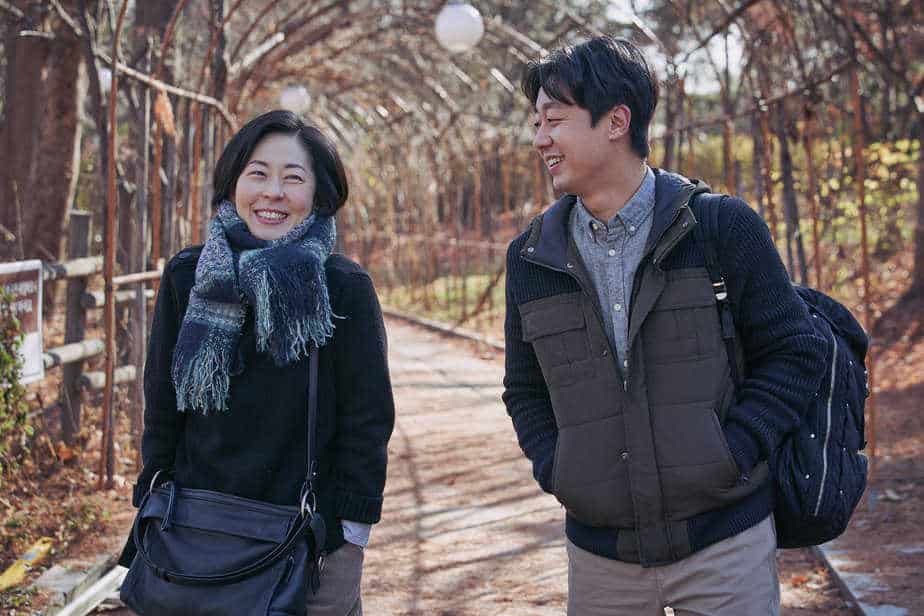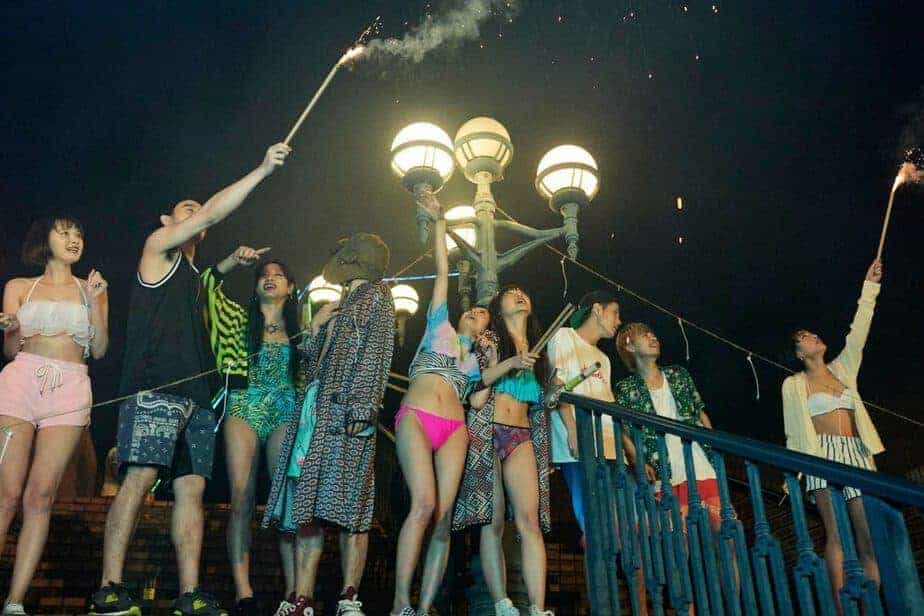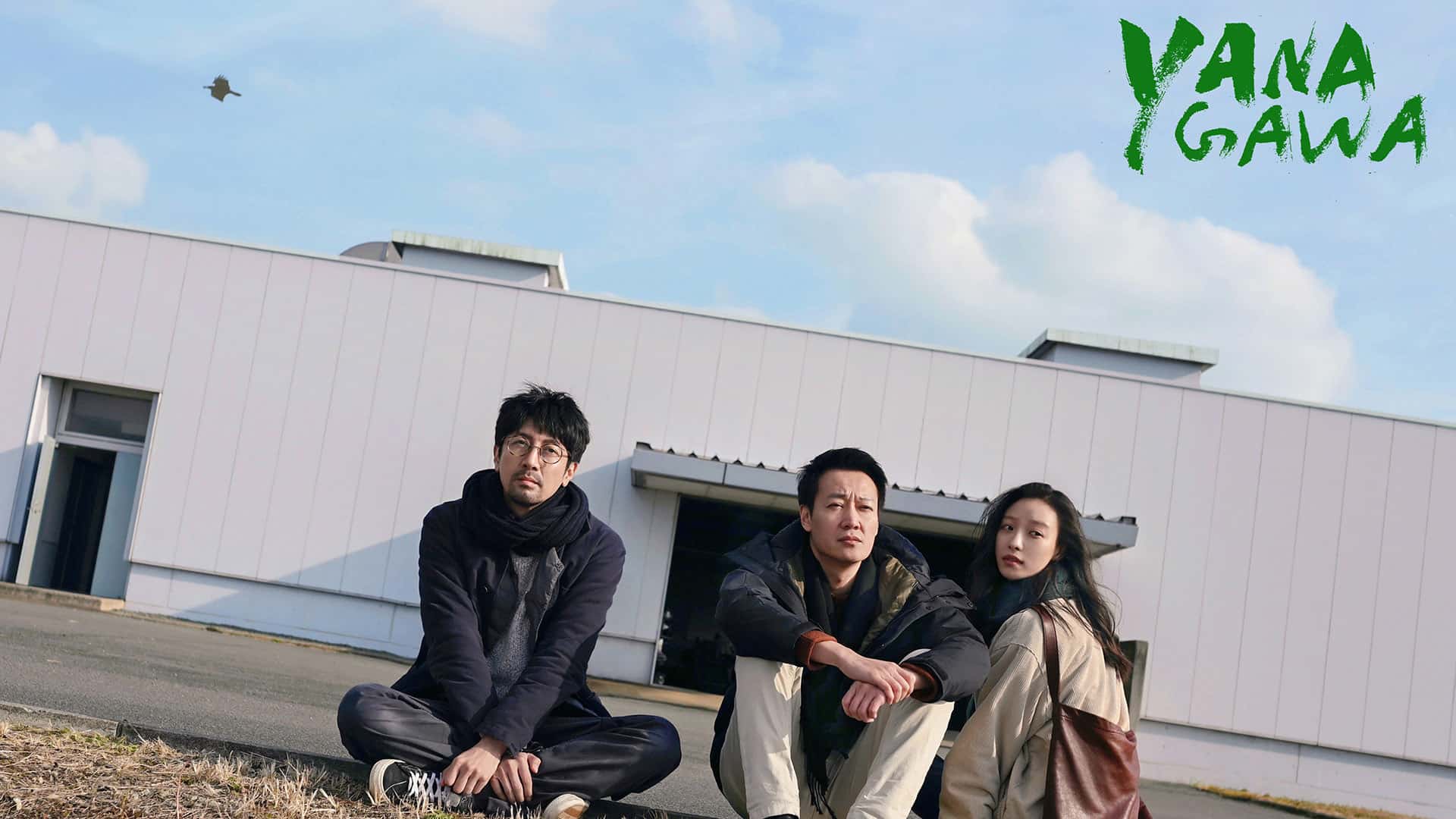As we delve more into Taiwan cinema in the tribute we are running in AMP, it becomes evident that one of the nucleus of the local industry is the youth film, with movies about students or individuals that have recently finished school appearing in abundance. Yu Jhi-han, in his feature debut, presents another such film, mostly dealing with youth crime and the issues young individuals from broken families face.
The Young Hoodlum is screening at Asian Pop Up Cinema

The story revolves around four young men, who, headed by Ya-lin, who has actual ties with organized crime, try to survive by indulging in petty crime and occasionally, ATM card scams. Always on the brink of getting caught, they thrive on the adrenaline, while their relationship mirrors that of a family, a necessity for them since all come from broken homes. However, when Pin Ran, a girl from a rich family becomes part of the gang, additionally starting a romantic relationship with Cheng-han, whose sister was the reason she met in the first place, the dynamics in the gang start crumbling. Ya-lin sees his uncontested leadership being challenged, while Hao-wei, who also likes Pin Ran, is rather enervated she chose someone else. When Ya-lin decides to move beyond the orders he has received during a scam, all hell breaks loose.
Yu Jhi-han directs a movie that aims at showing what the consequences of the lack parental guidance and society's neglect can lead people to, with the fact that both the rich and the poor, both the elder and the younger protagonists in the movie eventually start dealing in petty crime, highlighting this comment quite eloquently. At the same time, he presents an intriguing story of male friendship and how external factors, in this case the appearance of a woman who almost immediately becomes the apple of discord, can impact them. One could say that the path the males followed was already leading them to some kind of disaster, and that the final drop was Ya-lin's unexplained behavior, but the fact remains that the accusation towards the ‘Yoko Ono' of the story is rather palpable, even if Yu somewhat exonerates her during the ending.
At the same time, however, the issues with the story and the pacing here are significant. At 79 minutes, Yu did not have enough time to fully develop his characters, with the majority of their backstories appearing as a misplaced effort at melodrama. Furthermore, their decisions occasionally border on the illogical, with what happens in the end seeming as something out of a delirious nightmare. The aforementioned accusation towards parents and society can be perceived as some kind of justification, but definitely not fully, particularly when this kind of violence becomes a part of the narrative.
The way the police are presented also borders on the illogical, with their presence every time the gang is involved in a crime, as much as their attitude during the interrogation scenes, having very little to do with reality.
In that fashion, the acting is also affected, since the characters are not particularly well-written. Joseph Huang as Cheng-han is the most likable, also due to the presence of his sister and the way he tries to protect her, while his chemistry with Sharon Huang's Pin Ran is equally good. Wu Chien-Ho as Ya-lin has some good moments, particularly in the way he presents his bottled up, inner struggle, but also moments who do not work at all, something that also applies to the rest of the cast.
Follow our tribute to Taiwanese by clicking on the image below
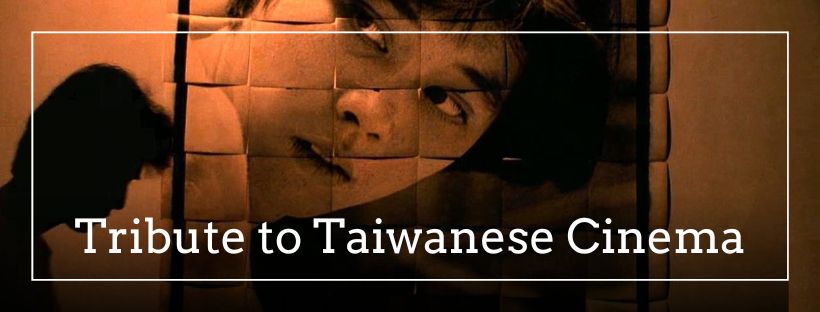
The cinematography by Wei Tz-Yang captures the streets of Taiwan with realism, while the different settings are presented with an appealing diversity, as for example the interrogation scenes that follow noir aesthetics, or the violent scenes that share similarities with exploitation films. The editing by Once Lee, Dai Shu-wei and Yu Jhi-han himself results in a fittingly fast pace that occasionally includes a very appealing sense of tension, but considering the faults of the pacing and the rush the story is presented with, it ends up being more an issue than a trait.
“The Young Hoodlum” has some traits, mostly revolving around its intentions, but as an execution, is filled with faults that result in a film that can only be described as mediocre.


